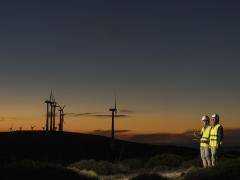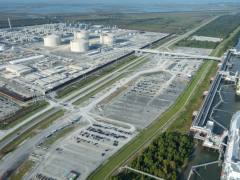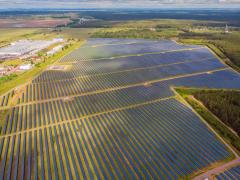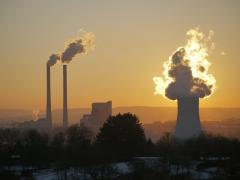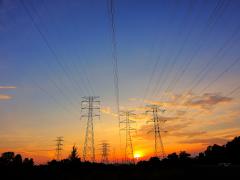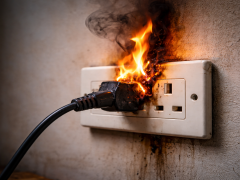Just over a year since the Electricity Regulation Amendment Act (ERAA) came into effect, South Africa’s energy market is visibly changing. The Act has opened the door for independent power producers (IPPs) to supply electricity directly to customers through power purchase agreements (PPAs) – and the results are already reshaping how the country generates and consumes power, says John Taylor, Head of M&A and C&I at Yellow Door Energy South Africa.
Globally, renewable energy has surpassed coal generation for the first time, according to Ember’s Mid-Year Electricity Insights 2025. While South Africa still relies heavily on coal, the trajectory is clear. Solar generation has grown from 1,1% in 2015 to nearly 7% in 2023 and continues to rise as more companies secure private-sector supply through PPAs.
These agreements allow businesses to lock in stable electricity prices and reduce exposure to load shedding and cost volatility without investing their own capital in generation assets. For IPPs, PPAs create long-term revenue certainty that enables new renewable projects to be financed and built.
Over the past year, South African corporates have become major participants in the renewable energy market. Yellow Door Energy recently concluded a 24,5 MWp solar wheeling PPA with PPC to supply four cement plants. Similar agreements have been announced by Vodacom, Southern Sun and Teraco – illustrating how leading companies are now acting as anchor customers for new energy projects.
This model reduces the risk and upfront cost for offtakers while giving developers the certainty needed to expand clean energy capacity. Traders such as PowerX are also helping smaller customers access PPAs by aggregating demand, widening participation beyond large industrial users.
PPAs have become an important mechanism for accelerating private-sector investment in renewable generation. They represent a practical route towards energy security, predictable pricing and lower emissions – all within a framework that supports national decarbonisation goals.
Looking ahead, continued collaboration between government, IPPs and corporate buyers will be vital to sustaining this momentum. The first year of ERAA has demonstrated that market liberalisation works when underpinned by long-term, transparent partnerships. With every new PPA signed, South Africa moves closer to a more flexible, diversified and secure energy future.


